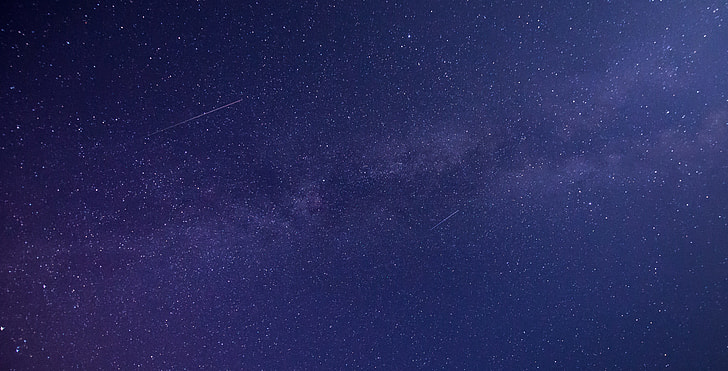Then Jacob drew his feet into the bed and, breathing his last,
he was gathered to his people.
My husband of seventy years, Don, passed away on Monday, February 17, 2025 — his 95th birthday. He had been living at a Jewish nursing home for a little over a year in relatively good health, blind, but still able to hold court with visitors and staff and employ Siri to telephone his universe of contacts. But this past December saw several trips to the hospital and the beginning of what turned out to be a rapid physical decline.
By that point, Don had two objectives. “I’m going to fight like hell to make it to my 95th birthday,” he told us, repeatedly, “and then I’m going to fight like hell to get out of here.” The night before his birthday he ate some cake with his favorite vanilla buttercream frosting. The next day, on February 17, our kids and grandkids and I stayed by his bedside, held his hands, smoothed his forehead and saw him accomplish both his goals.
According to Chassidic masters, on the day we are born we’re entrusted with a mission. The Talmud teaches that dying on your birthday is considered special and perfect. That your life was complete — your mission on earth accomplished — because it started and ended on the same day, like a perfect circle. (Here I must say, if a young person dies on his or her birthday, I find this concept total rubbish. At ninety-five, it’s a different story.)
My husband was a quirky guy. He could be long-winded, short-tempered, stubborn, sarcastic, defensive, insecure–he was human, after all–but his mission was to bring joy and laughter. To appreciate the wonder of being alive with every cell in his body. To love and indulge me almost beyond reason. To cherish, support and worry about his kids and grandkids until he sometimes wept. To hold his extended family fiercely close. To nurture old friendships and form new ones wherever he went. To be an honest businessman. To delight in his Judaism and argue with a God he wasn’t sure existed. To be forever curious, able to store facts and figures and arcane trivia in his encyclopaedic brain. In the end, Don’s mission was to do the best he could do. To be a mensch. Kol Hakavod, honey. You checked all the boxes. I was blessed to share your journey.
As for me, the world has an unfamiliar shape and sound and energy now that Don isn’t in it. I’ve always valued my quiet alone time, but today—with no more visits to the nursing home or telephone conversations with him—the empty space feels vast. The silence, thick. I’m grappling with the meaning of gone. Of absence. If nature really abhors a vacuum, does that mean I’m obliged to fill this new void somehow?
Right now, I choose to fill the empty space with gratitude for the legacy of lovingkindness that Don left. And to rest in the way things are.

